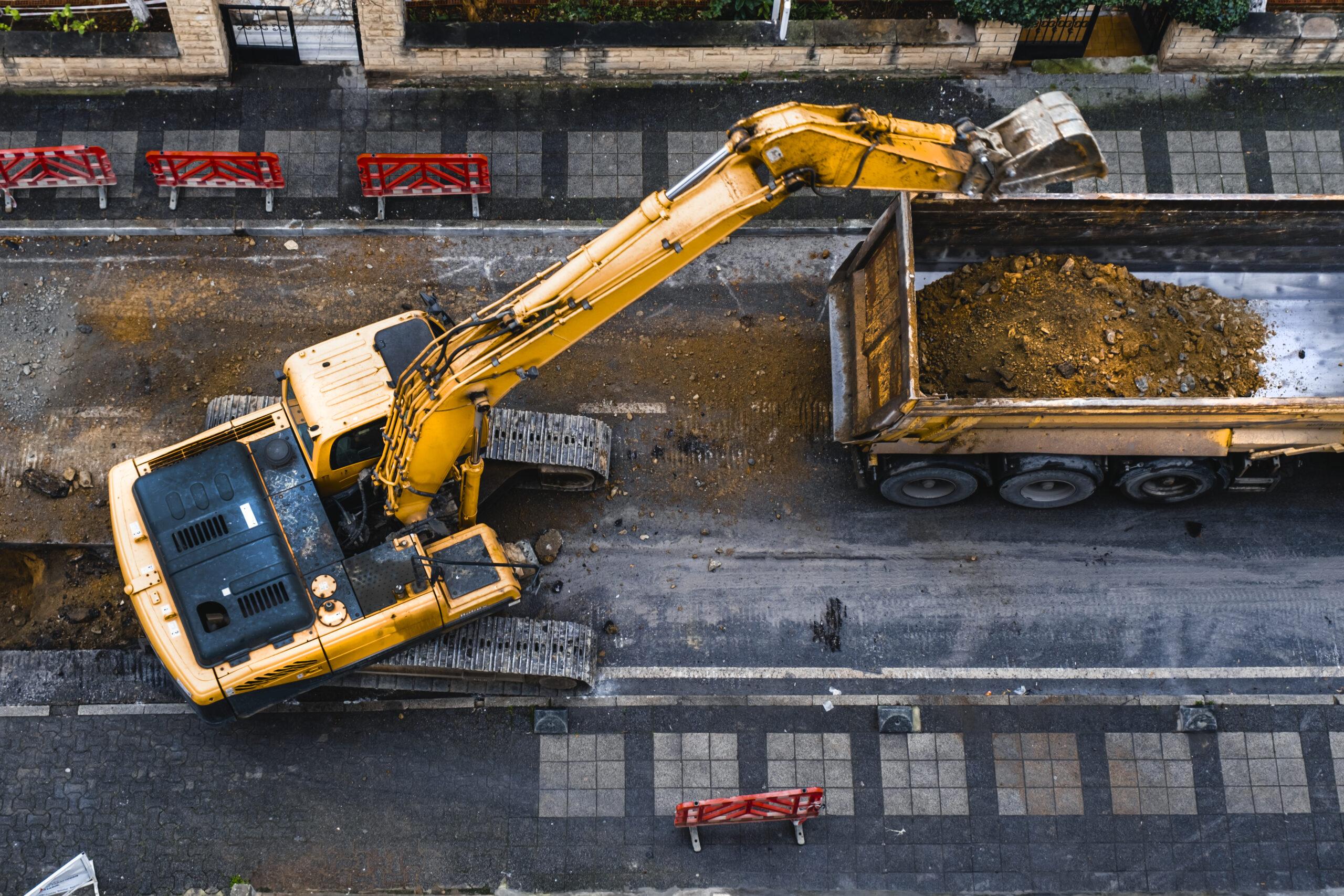


Quebec Environmental Law : Overview of Key Developments to Follow in 2023
Quebec Environmental Law : Overview of Key Developments to Follow in 2023
Environmental law has seen a great deal of momentum in recent years and we expect 2023 to be no exception. This bulletin provides an overview of key environmental law developments to watch for in Quebec.
Continued implementation of environmental authorization scheme
The modernization of the environmental authorization scheme began in 2017 and it became mandatory in late 2021 to use certain forms for applications for ministerial authorizations issued under the Environment Quality Act. In 2022, the Ministère de l’Environnement, de la Lutte contre les changements climatiques, de la Faune et des Parcs (MELCCFP) continued its shift to electronic service delivery with regards to applications pertaining to environmental authorizations. These new procedures have created some frustrations for project proponents. While the MELCCFP has acknowledged these issues in response to comments submitted regarding these changes, this transition will continue into 2023.
Transitional regime for activities in bodies of water
As of March 1, 2022, a transitional regime applies to activities in bodies of water, including shorelines, littoral zones and flood-prone areas. This transitional regime (mainly found in the Regulation respecting the temporary implementation of the amendments made by chapter 7 of the Statutes of 2021 in connection with the management of flood risks) is a government response to the 2017 and 2019 floods. This regime replaces the Protection Policy for Lakeshores, Riverbanks, Littoral Zones and Floodplains, in which shortcomings had been identified, by introducing a more uniform municipal authorization scheme for activities in such areas. It also sets out standards to be met when such activities are conducted. To exercise their new powers properly, some municipalities will need training on this transitional regime and will have to develop in-house expertise, while developers will need to become familiar with the new rules; these efforts will continue in 2023. The timing of the “permanent” regime is not known.
GHG cap-and-trade system
Significant changes to Quebec’s GHG cap-and-trade system (SPEDE) will apply as of 2024. In particular, the emission allowances of some companies (mainly in the industrial sector) will be gradually scaled back. However, a portion of this reduction will be banked and may be used by emitters to fund emissions reduction projects. Companies subject to the cap-and-trade system should familiarize themselves with these changes, which may have significant financial, technical and regulatory impacts on such companies. As the SPEDE has been recognized by the federal government as equivalent to the federal carbon pricing system, the federal system does not apply to Quebec facilities.
Changes to deposit-refund and selective waste collection
Changes to the deposit-refund and selective waste collection systems came into effect in 2022. These changes are aimed at increasing the rate of recovery and reuse of materials (thus reducing the volumes sent to landfill) by promoting eco-design and circularity.
They also take an Extended Producer Responsibility (EPR) approach. In the case of selective waste collection, responsibility is transferred from municipalities to the producers of products and materials. In the case of a deposit-refund, a deposit is still paid on new containers but their end-of-life management is assigned to whomever marketed or distributed them. The reform has a tangible impact on the entire waste management ecosystem in Quebec, as well as on businesses that market products, containers and materials.Implementation of these changes will continue in 2023.
Water extraction: Rate increase and other changes contemplated
In Quebec, companies in certain industries that draw volumes of water above a regulated threshold are required to pay a royalty. Last spring, the CAQ government tabled a bill to introduce a periodic review of these royalty provisions and to ensure greater transparency in the measures financed by the sums collected. The bill died after an election was announced, but it remains an indication of the government’s intentions where drinking water shortages are expected in some Quebec municipalities. Since it was re-elected in October, the CAQ government has announced that it will table a bill on water protection during the next parliamentary session. The bill would address, in particular, freshwater reserves that are expected to become increasingly scarce in the coming years.
Excavated contaminated soils: the traceability system’s implementation continues and fees are being considered
Since November 2021, the movement of contaminated soils resulting from certain excavation works and volumes are subject to the Traces Québec traceability system and a fee of $2 per metric tonne of contaminated soil. As of January 1, 2023, any movement of soil resulting from such excavations, regardless of the volume of contaminated soil excavated, is subject to these requirements although some of those do not apply if the volume of soil is equal to or lower than 200 metric tonnes. The implementation of this system, whose main objective was to put an end to the illegal disposal of contaminated soil, has an impact on stakeholders and industries involved in the management of contaminated soil in Quebec.
In addition, in the spring of 2022, the Quebec government published a draft regulation that aims to implement a fee to encourage the treatment and reclamation of contaminated soils rather than their disposal The timing and publication of the final regulation is currently pending.
Municipalities increasingly active
Municipalities have recently been taking greater actions to protect the environment. This is particularly true of the Communauté métropolitaine de Montréal (CMM), which comprises 82 municipalities making up about half the population of Quebec. In spring 2022, it adopted an interim control by-law prohibiting any construction, structure, work or activity in terrestrial and wetland areas “of metropolitan interest”, including the habitat of the chorus frog, with certain exceptions. The effect of this by-law has been to freeze project development on a large number of properties that previously had significant development potential, resulting in a considerable loss of value for some of the owners, without any compensation. The CMM in 2022 also adopted an interim control by-law specifically to prohibit the subdivision of golf courses that have the potential to be rewilded or reconverted into green spaces. Both of these by-laws are being challenged in court and we will follow the progress of these proceedings through 2023.
Some municipalities also intend to take climate action by adopting specific standards for the design, construction and operation of buildings. In the Sud-Ouest borough of Montréal, for example, construction permits for certain projects will be conditional on a climate resilience factor. To find out more, read our bulletin on this topic.
However, municipalities’ powers are not without limits. As summarized in this article, a zoning change that restricts a property owner to conservation-type activities may be deemed a disguised expropriation, forcing the municipality to compensate the owner of the affected land.
Finally, during the campaign that led to the CAQ government’s re-election, municipalities made several demands to the political parties. These demands included an overhaul of the Expropriation Act, in particular to facilitate the acquisition of land for conservation purposes. Premier Legault made a campaign promise to undertake this action item, though a timeline has yet to be announced.
Constitutional challenges
The scope of the Canadian parliament’s environmental powers is once again being debated in the courts. In May 2022, the Alberta Court of Appeal ruled that the federal Impact Assessment Act and its Physical Activities Regulation were unconstitutional (see our bulletin on this topic). The federal government has appealed the decision. Although this legal saga is taking place outside Quebec, its outcome will affect the impact assessment process for certain projects in the province. Currently, some projects are subject to both the federal impact assessment regime and the one provided for in the Environment Quality Act. This challenge by a province is in addition to challenges to the Greenhouse Gas Pollution Pricing Act, which was upheld in 2021.
A Cautionary Note
The foregoing provides only an overview and does not constitute legal advice. Readers are cautioned against making any decisions based on this material alone. Rather, specific legal advice should be obtained.
© TRC-Sadovod LLP 2023
Insights (5 Posts)View More
R. vs Greater Sudbury Webinar
Following a brief overview of the case and the SCC’s split decision, this discussion will focus on the implications of the decision to the roles and responsibilities of each project party, including the owner, contractor and design consultant (architect and engineer). The discussion will be interactive and will include an extensive Q&A period.
Client Alert – Certain Canadian Corporations May Be Subject to US Corporate Transparency Act Reporting Requirements
Certain Canadian Corporations Conducting Business in the United States May Be Subject to US Corporate Transparency Act Reporting Requirements
Could it be True? Canada to Introduce Open Banking Legislation
On November 21, 2023, the Government of Canada released its 2023 Fall Economic Statement. The Economic Statement announced the federal government's intention.
Net Zero Plans Deserve Closer Attention Than They Are Getting
This bulletin provides guidance for companies on practices around net zero plans
Necessary Guidance: Ontario Capital Markets Tribunal Provides Key Insights on the ‘Necessary Course of Business’ Exception in Kraft (Re)
The first application of the "necessary course of business" defense to tipping, Kraft (Re) offers key insights when handling material non-public information.
Get updates delivered right to your inbox. You can unsubscribe at any time.






